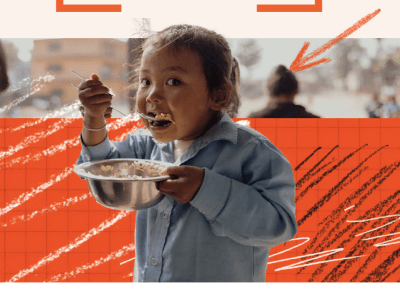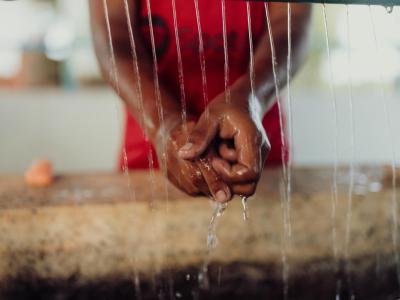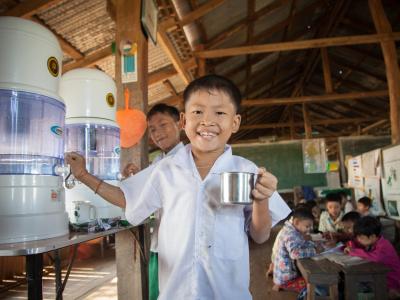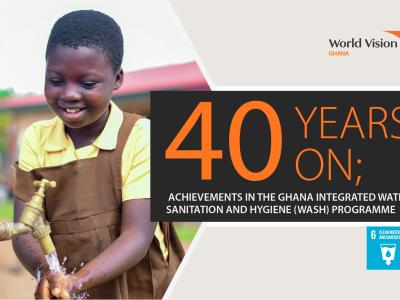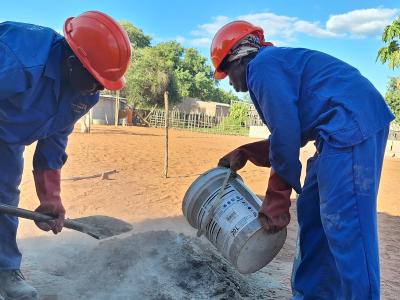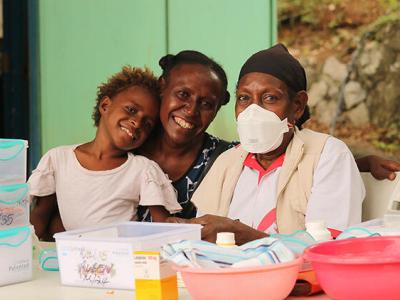publication / April 2, 2025
South Asia and Pacific ENOUGH 2025 Campaign Report
ENOUGH Report: Learn how World Vision fights child hunger in South Asia & Pacific. Discover youth-led solutions & our impact on nutrition policy.
publication / March 20, 2025
Inclusive Pathways to Climate-Resilient WASH
Climate change worsens the global WASH crisis, especially for people with disabilities, who are often neglected in climate plans. This study, a collaboration by LSHTM, icddr,b, and World Vision in Bangladesh, developed principles for inclusive, climate-resilient WASH by analysing impacts and conducting participatory research.
press release / April 4, 2025
Banteay Meanchey achieves Open Defecation Free status, transforming public health
A child is washing her hands at a handwashing station.
publication / February 18, 2025
40 YEARS ON; ACHIEVEMENTS IN THE GHANA INTEGRATED WATER, SANITATION AND HYGIENE (WASH) PROGRAMME
In our ongoing quest to improve access to Water, Sanitation, and Hygiene (WASH) a fundamental necessity for safe, healthy living and the socio-economic development of communities, World Vision Ghana has implemented a number of impactful interventions.
publication / March 28, 2025
World Vision NIGER FY24 ANNUAL REPORT
World Vision Niger's report highlights progress in health, education, and child protection for vulnerable communities, thanks to donor support and the communities.
article / April 15, 2025
Women Lead the Journey to Solve Sanitation Issues in Southern Mozambique
In Mozambique, women are leading a quiet revolution—defying social stereotypes by taking on the construction of improved latrines, a field traditionally dominated by men. Through their work, they are not only tackling the urgent challenge of inadequate sanitation but also breaking down long-held beliefs that such tasks are solely a man's job.
publication / March 24, 2025
Annual Report FY24 : World Vision International Burkina Faso
This annual report provides an overview of our work in Burkina Faso during FY23, which covers the period from October 2023 to September 2024.
publication / April 1, 2025
Global Fund Annual Report 2023
Results of World Vision's HIV, TB, and Malaria programmes, funded by the Global Fund.
